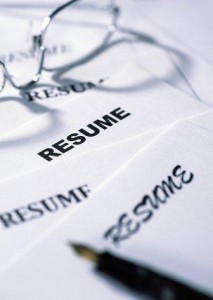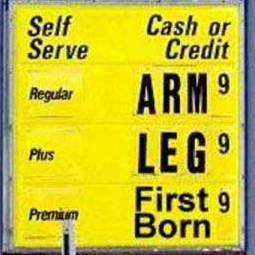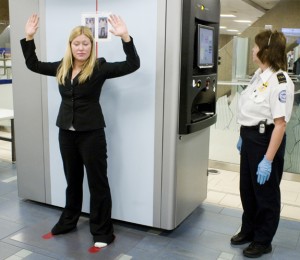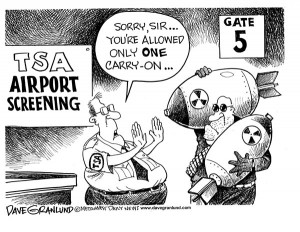As the largest Atlantic hurricane on record, Hurricane Sandy made quite the impact, costing an estimated $20,000,000,000 US in damages (That’s right, ![]() 20 billion dollars…). Aside from flooding streets, damaging homes, causing fatalities, preventing household electricity and blowing down structures, however, she also caused the first closing of US stock markets since the terrorist attacks of 9/11. For a brief moment, upon hearing this fact, my rather uneducated knowledge of the stock market lead me to imagine the terrible consequences of such an economic closure.
20 billion dollars…). Aside from flooding streets, damaging homes, causing fatalities, preventing household electricity and blowing down structures, however, she also caused the first closing of US stock markets since the terrorist attacks of 9/11. For a brief moment, upon hearing this fact, my rather uneducated knowledge of the stock market lead me to imagine the terrible consequences of such an economic closure.
Forgive me though, it really was just a brief moment.

This closure obviously did not have any large-scale ramifications in the stock market domain, as internet trades and online activity is unpreventable, but it does make for a milestone. According to an article written in The Telegraph by Richard Blackden on October 29th, “Goldman Sachs and Citigroup, whose main New York offices are in an official evacuation zone, recommend[ed] employees work from home.” The amount of times this has happened in history can be counted on one hand, and as far as the amount of work these employees really got up to during these few impromptu days off; I’m willing to bet it could be measured in a similarly small manner.
Source Article(s):


















